State secretary-of-state elections were of little interest before 2022 except for those most engaged in statehouse politics. Even the name has a cement reverb.
But former President Donald Trump’s adamant position about the legitimacy of the 2020 election thrust these usually obscure contests into the spotlight. Several of the 27 secretary-of-state races in 2022 illustrated sharp divides in elections administration between Republicans and Democrats, and exposed fault lines within the GOP.
Midterm state secretary-of-state races suddenly became acutely partisan with the Democratic Association of Secretaries of State and Republican Secretaries of State Committee collectively funneling more than $75 million into the campaigns, three times more than in 2018.
In November, voters in seven states will decide who will fill these consequential secretaries of state seats.
Of the seven races on the November ballot, four are currently held by Democrats: North Carolina, Oregon, Washington, and Vermont. Three are held by Republicans: West Virginia, Montana, and Missouri.
Nationwide, there are now 26 Republican secretaries of state and 21 Democrats. Alaska, Hawaii, and Utah don’t have the position.
Not all state secretaries of state are equal. In Arizona, Oregon, and Wyoming, the secretary of state is next in succession to the governor.
Voters elect state secretaries of state in 35 states. Lawmakers in Tennessee, New Hampshire, and Maine appoint them, while in nine states, the governor does so. They serve four years in 41 states, and two years in six.
Secretaries of state generally oversee business and corporate licensing and promote the state in recruiting jobs and investment. They also maintain state records, certify official documents, and regulate charities, securities, and notaries public.
In 41 states, the state secretary of state is also the state’s chief elections officer who orchestrates county elections officials in voter registration, maintenance of voter rolls, and administering elections.
In the wake of the 2020 elections, possessing the levers those 41 state secretaries of state have at their statutory fingertips to influence elections administration were among the grails that guided both parties’ platforms.
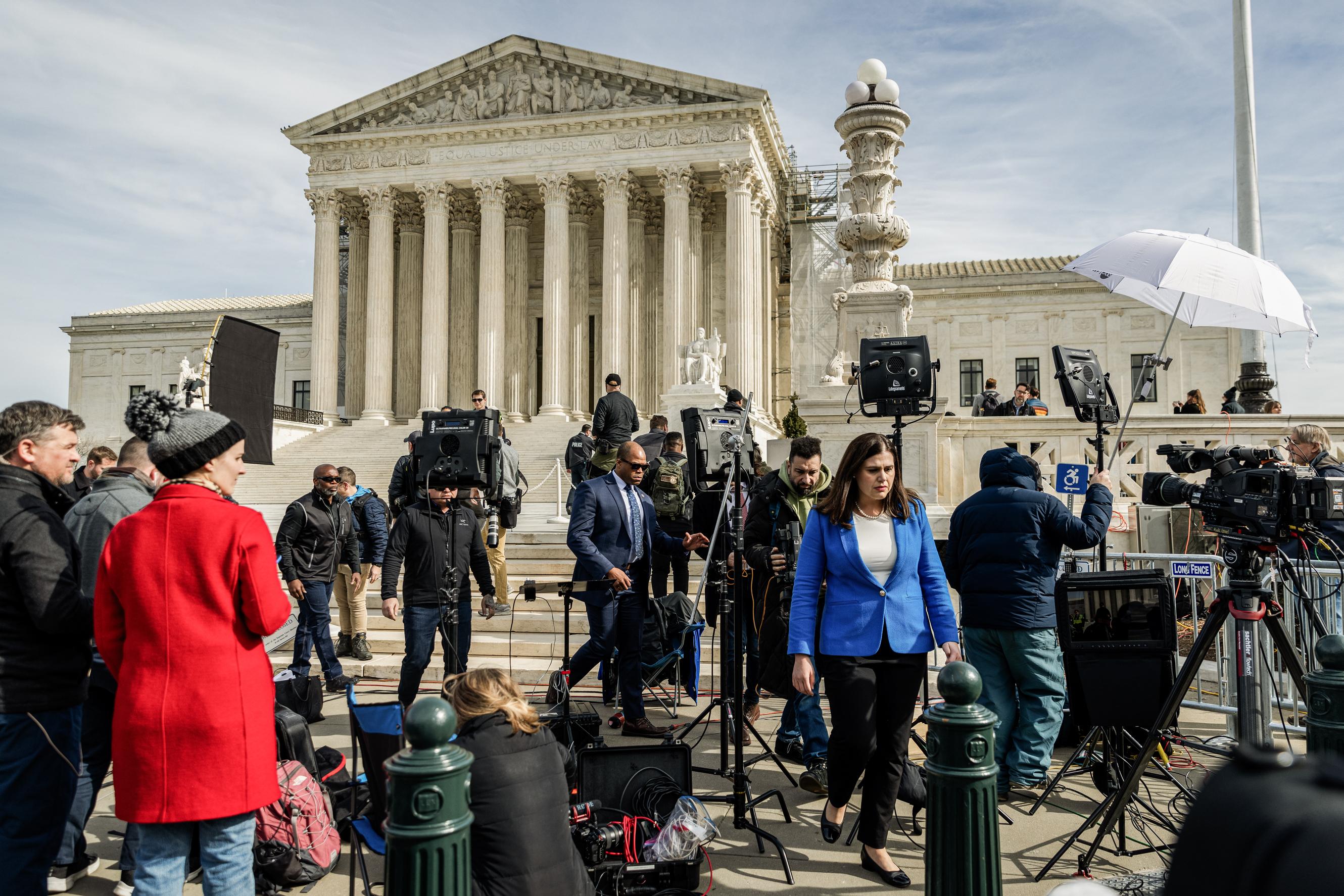
Colorado Secretary of State Jena Griswold exits the U.S. Supreme Court in Washington on Feb. 8, 2024. (Julia Nikhinson/Getty Images)
A similar pattern is unfolding in 2024. Republican secretary-of-state primaries in North Carolina, West Virginia, and Missouri will be closely contested, while Democrats, other than in Oregon, appear to have a settled roster.
There’s still time for candidates to emerge in five states. Three have filing deadlines in March for May and June primaries. In two, hopefuls have until May to declare for August primaries.
West Virginia: Warner Out, Warner In?
With incumbent Republican Secretary of State Mac Warner running for governor, four GOP rivals are vying in the May 14 primary to take on Democrat attorney Thornton Cooper. The filing deadline was Jan. 27.
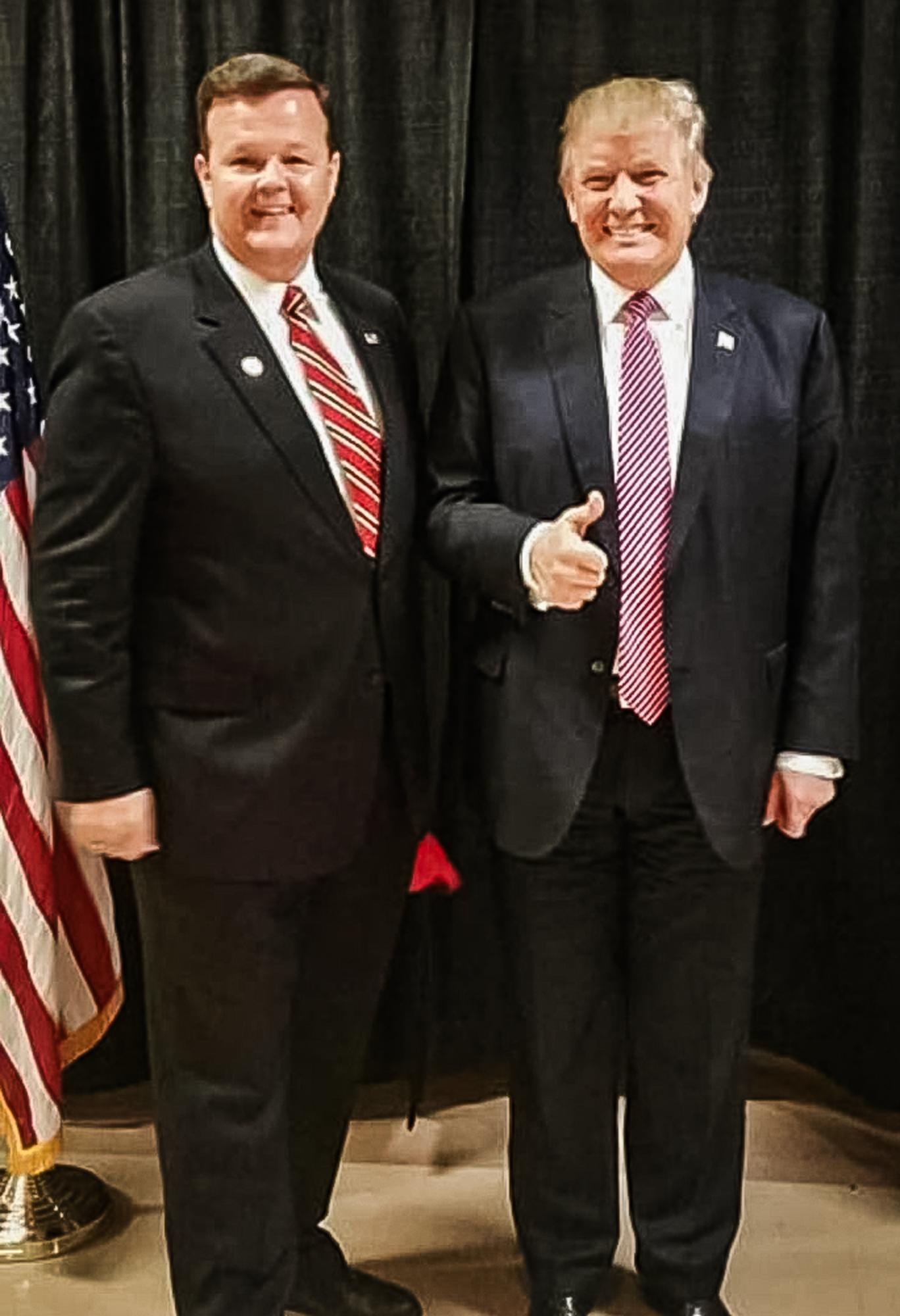
West Virginia Economic Development Authority Executive Director Kris Warner, who served as state director for rural development in West Virginia in the Trump administration, is one of four candidates seeking to succeed his brother, Mac Warner, as state secretary of state. (Kris Warner For WV)
“We face challenges from within our party, with individuals who do not share our beliefs. It’s crucial to stop these RINOs (Republicans in Name Only) from diluting our values and infiltrating our party,” Mr. Kris Warner said in announcing his candidacy.
Mr. Warner was the primary frontrunner in a Nov. 13–14, 2023, American Pulse Research poll of more than 400 likely voters. The poll found he had 20 percent of the tally, more than double any other candidate. However, 58 percent of respondents were undecided.
A month later, in his campaign launch, Mr. Skaff vowed to “empower” county elections officials “and provide all election officials and poll workers with the resources to maintain efficient and safe elections.”
Oregon: Open Seat on Tap
The Oregon primary is May 21 and filing deadline March 14 for an open seat after Democrat Shemia Fagan, elected in 2020, was forced to resign in 2023 when revelations surfaced she was moonlighting as a consultant for a cannabis company that was under her office’s regulatory purview.

A woman (R) posts her ballot at an official drop-off box in Portland, Oregon, on Nov. 8, 2022. The state’s mail-in ballots allow Oregonians to fill out their ballots at home with the option to drop them off or mail them in. (Mathieu Lewis-Rolland/Getty Images)
Democrat Gov. Tina Kotek appointed LaVonne Griffin-Valade to finish Ms. Fagan’s term. Ms. Griffin-Valade is not seeking election, but her time in office has been substantive in opposing efforts to remove President Trump from the primary ballot and enforcing a 2022 constitutional amendment that disqualifies state lawmakers with 10 or more unexcused absences from legislative sessions from serving another term.
Ten Republican senators tested that amendment by launching the longest quorum-denying walkout in state history in 2023. The six facing 2024 reelections will not be permitted to run. While two are retiring, the other four are challenging the law in federal lawsuits unlikely to be resolved before the filing deadline, which Ms. Griffin-Valade vows to enforce.
Oregon is one of the few states where the Democrat state secretary of state primary could be more contested than the Republican preliminary.
After Ms. Fagan’s ouster, “trust” is a key attribute in secretary of state elections, he said. “Trust is something created and earned over time,” Mr. Manning said in announcing his candidacy in September 2023.
Defeated by Ms. Kotek in the 2022 gubernatorial primary, Mr. Read maintains he “will rebuild trust and give voters confidence that their public officials work for the people—and no one else,” he said in launching his campaign in July 2023.
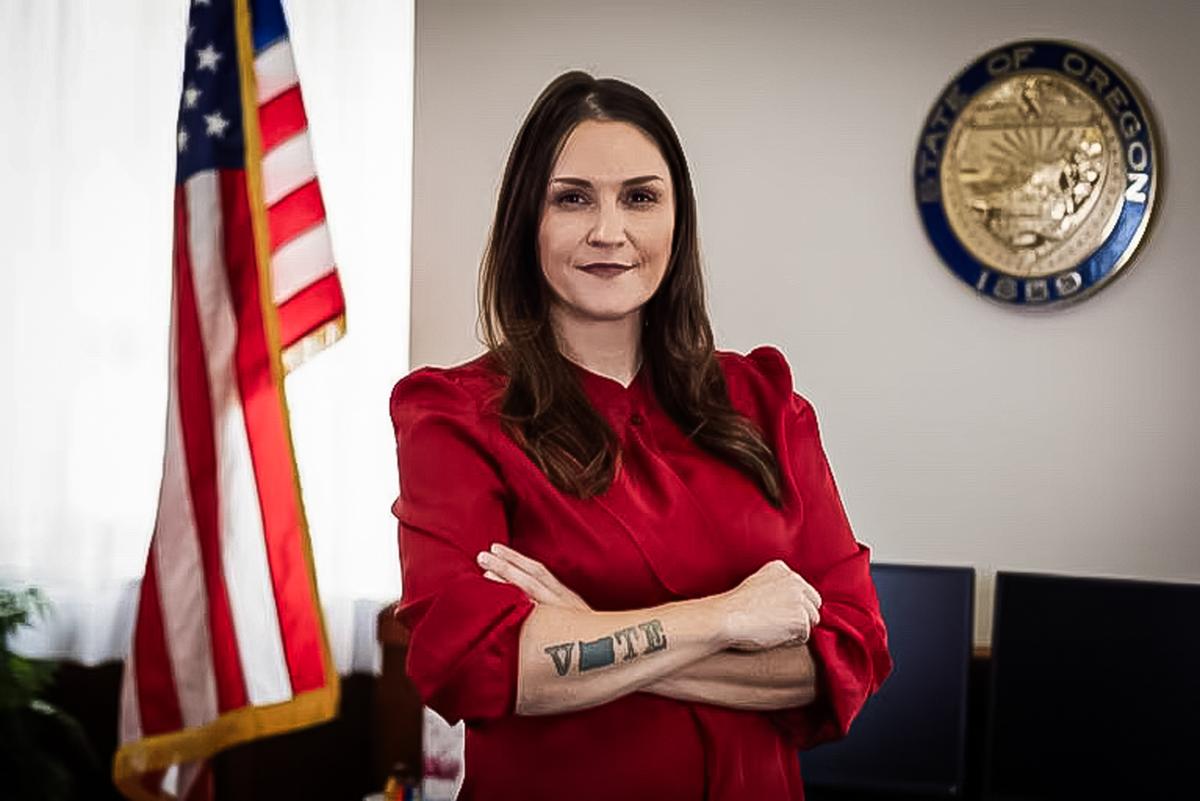
North Carolina: Dem Seeks 7th Term
North Carolina is among the nine states in which the secretary of state is a regulatory officer with little involvement in elections.
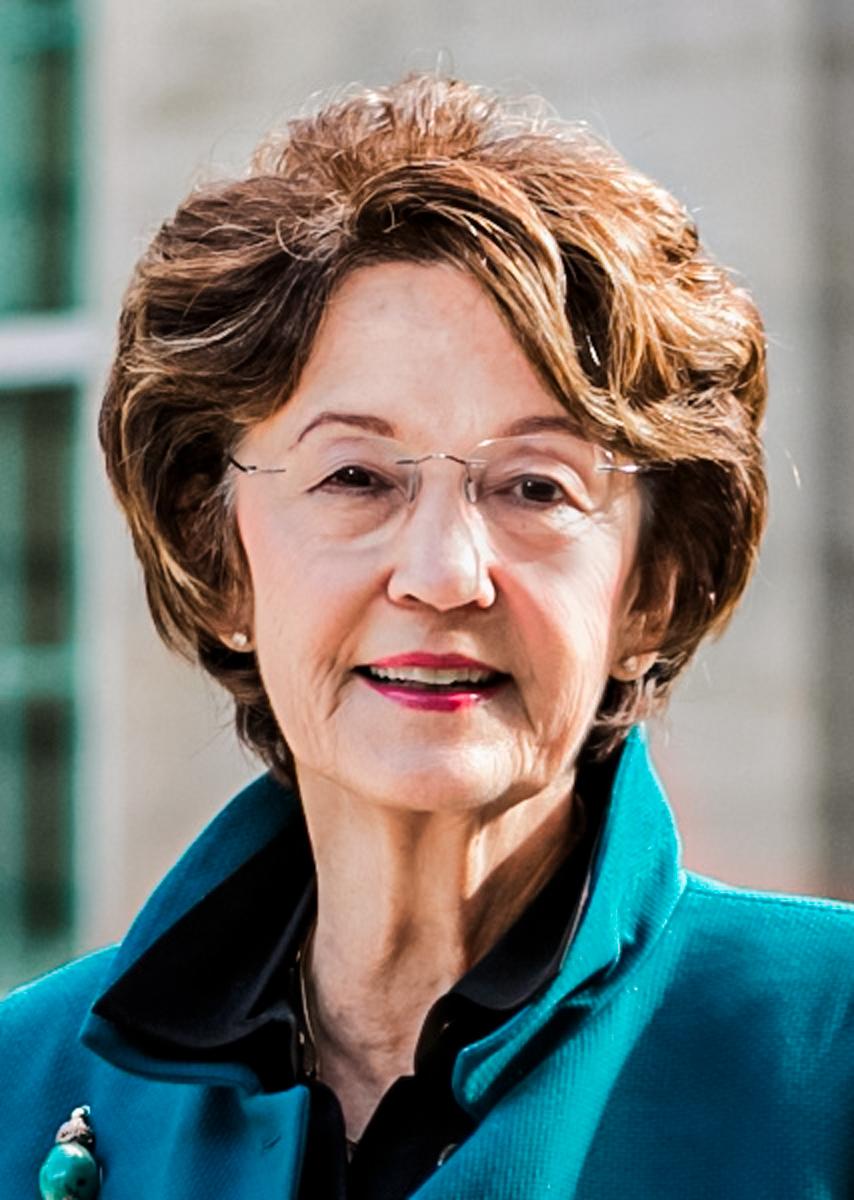
Incumbent Democrat North Carolina Secretary of State Elaine Marshall, a fixture for decades, is aiming for a seventh four-year term. (sosnc.gov)
Incumbent Democrat Elaine Marshall, a fixture for decades, is aiming for a seventh four-year term. She faces no primary opposition.
Of four Democrat-held state secretary of state seats, Ms. Marshall is the only incumbent seeking reelection in a state President Trump won in 2020.
GOP voters will see three party rivals on their March 5 primary ballot.
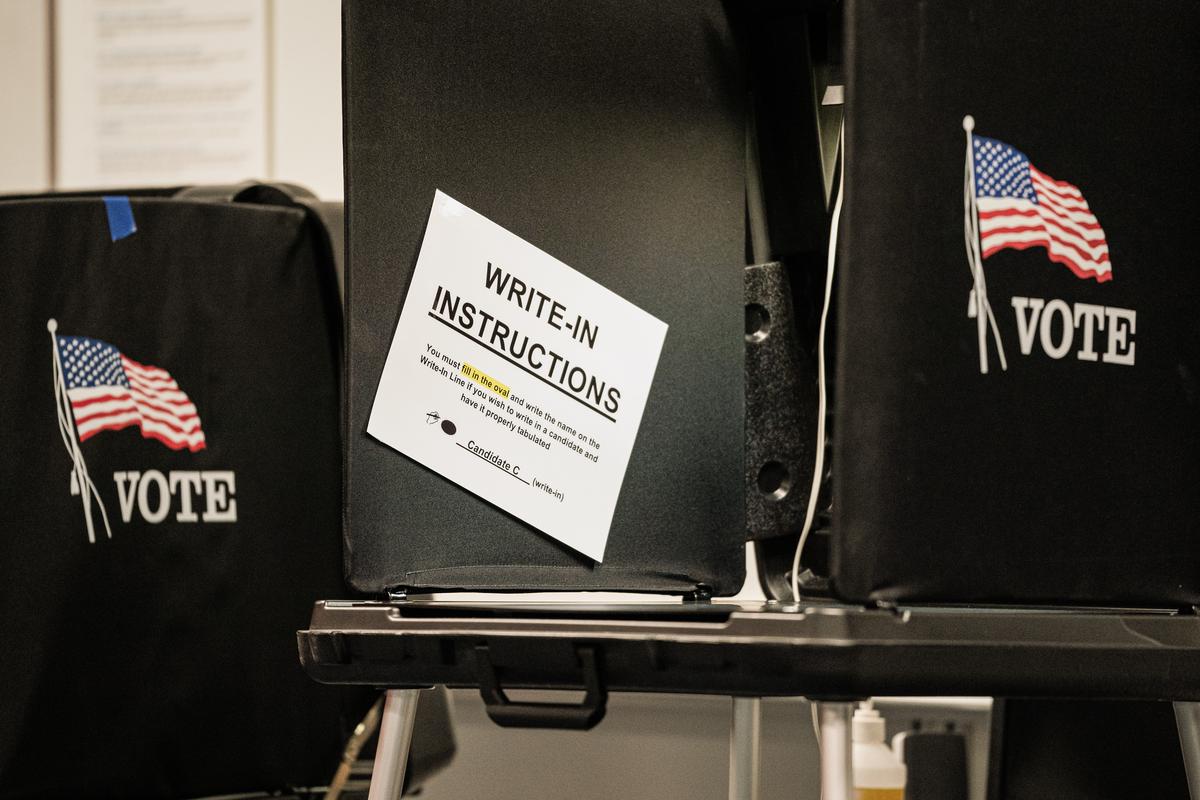
Montana: Publisher Challenges Incumbent
Montana’s primary is June 4 and the filing deadline is March 11. So far, it’s a two-horse race with the Republican incumbent and Democrat challenger facing no primary opposition.
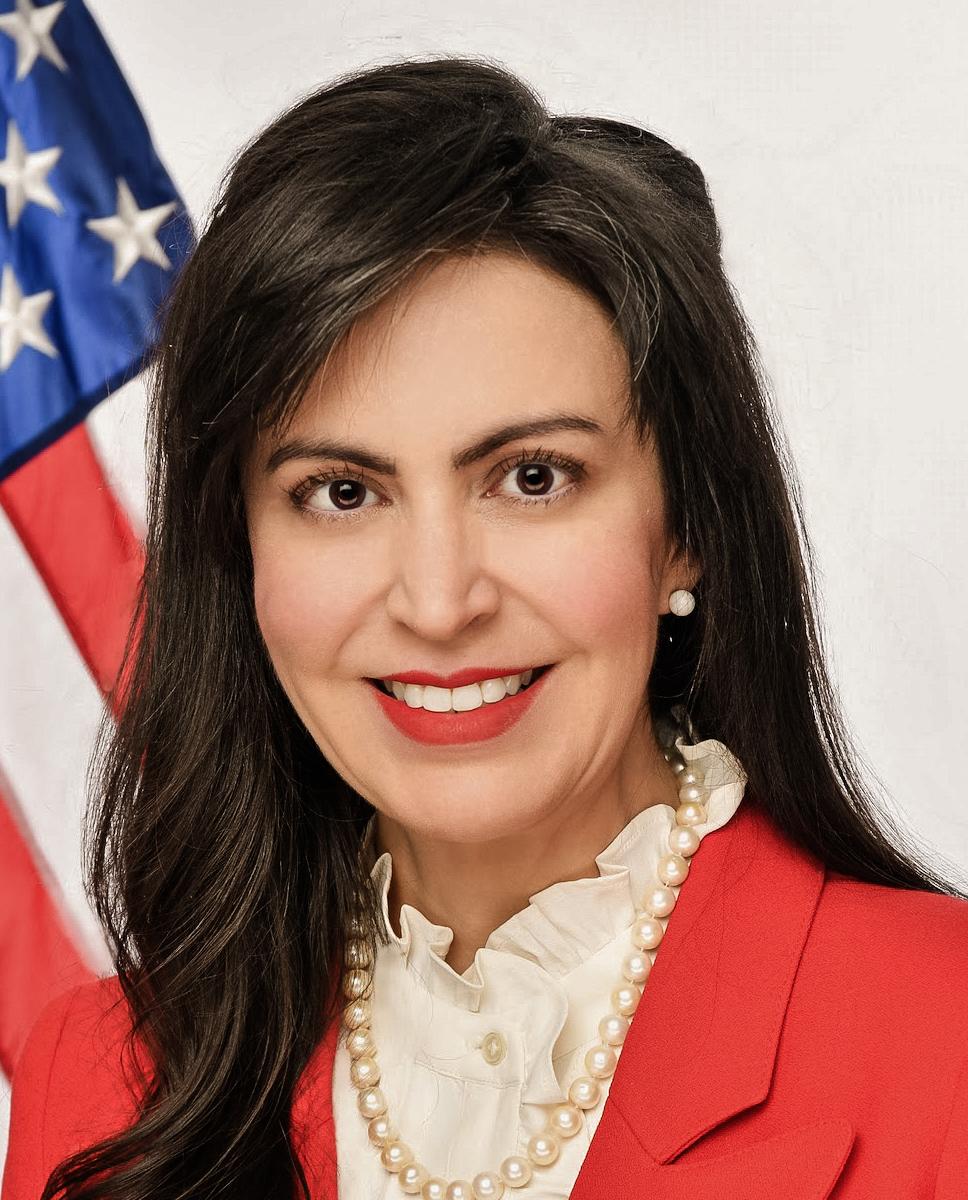
Montana Secretary of State Christi Jacobsen announced in November 2023 she is seeking a second term. (Ballotpedia)
She supports the state’s voter ID requirement and assisted the legislature’s drive to end same-day voter registration and restrict third-party ballot collection.
Missouri: GOP ‘Civil War’
The primary may be Aug. 6 and filing deadline March 26, but the race for the Republican state secretary of state nod is already playing out on the floor of the Missouri Senate.
Two-term incumbent Republican Secretary of State Jay Ashcroft is running for governor in 2024. As of Feb. 8, four Republicans are running to succeed him while no Democrats have entered the race.
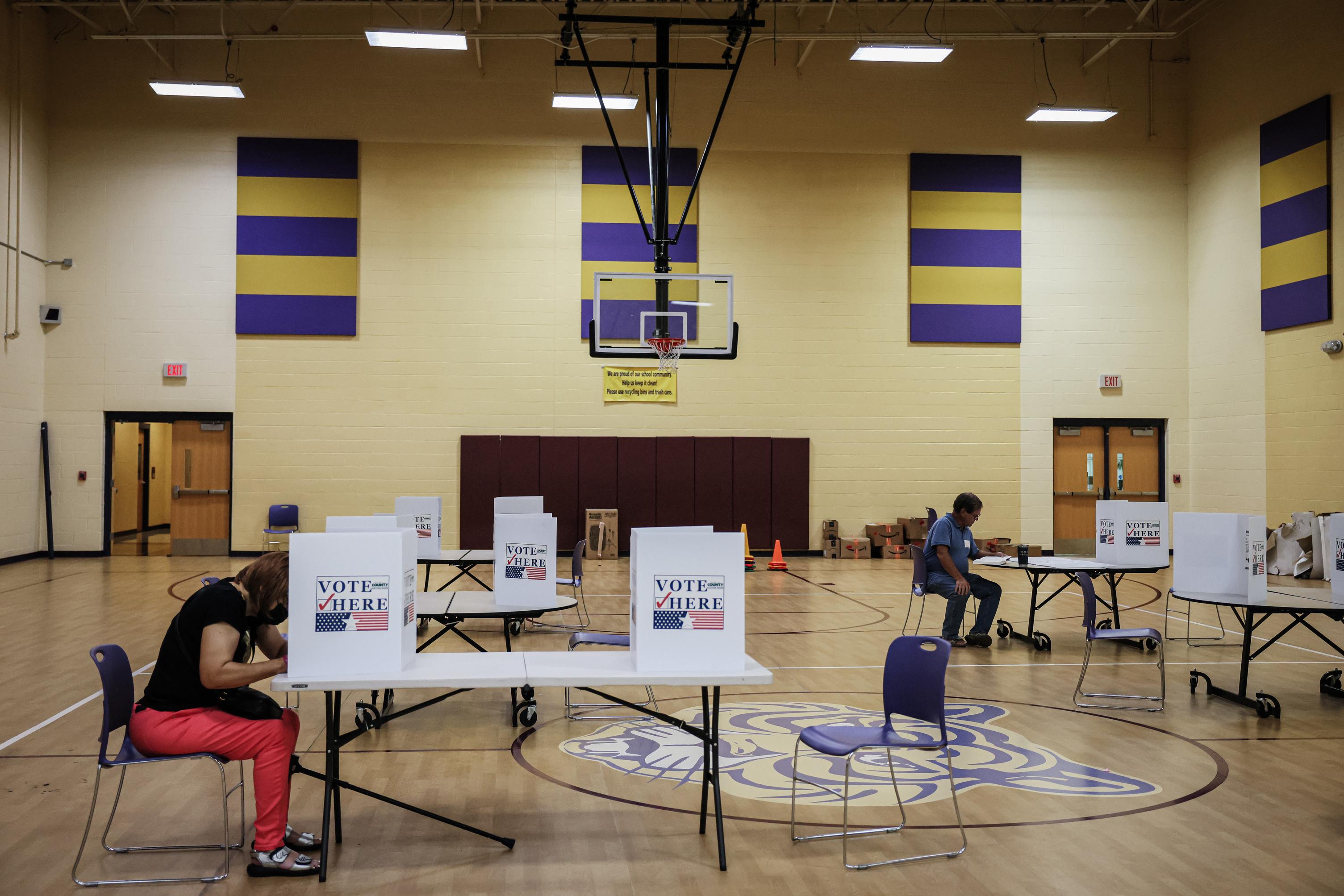
People vote during the primary election at an elementary school in St Louis, Mo., on Aug. 2, 2022. (Michael M. Santiago/Getty Images)
Two of the candidates—state Senate President Pro Tem Sen. Caleb Rowden (R-Columbia) and Sen. Denny Hoskins (R-Warrensburg)—are going at it on a daily basis during the legislative session in Jefferson City in an ongoing “civil war” among Show-Me State Republicans.
Mr. Hoskins is one of six senators in the Missouri Freedom Caucus that Mr. Rowden says foiled attempts since 2021 to pass a law allowing Missouri to join 37 other states with legal sports betting.
That bad blood spilled into the 2024 session in January with Freedom Caucus senators filibustering for 11 hours in a failed attempt to force a vote on a bill making it harder for citizen-initiated partitions to get constitutional amendments on the ballot.
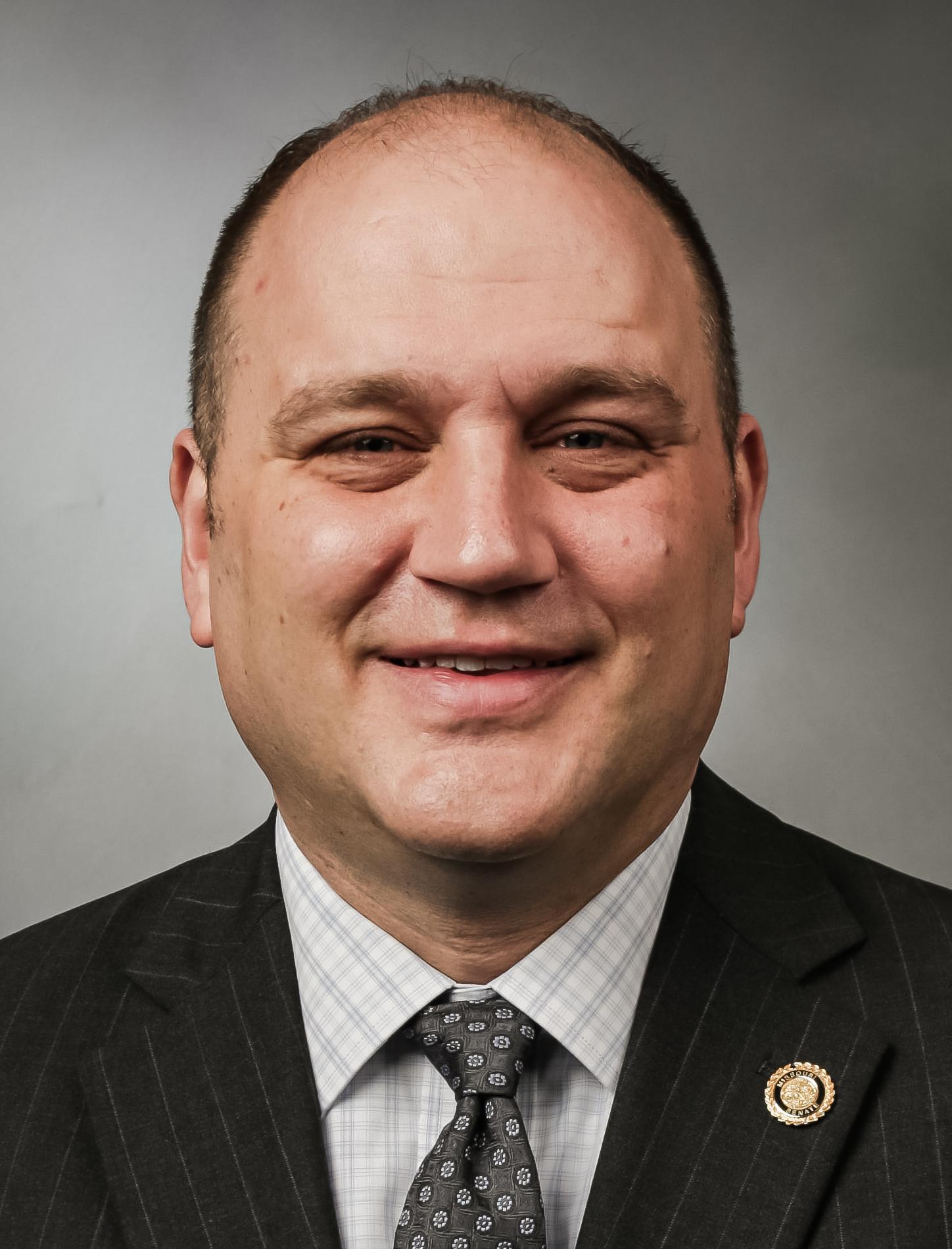
Missouri state Sen. Denny Hoskins is one of four Republicans running in the primary for state secretary of state. (senate.mo.gov)
In response, Mr. Rowden banned the six from parking in the capitol complex basement, slashed their office budgets, and stripped three of committee chairmanships. Mr. Hoskins was removed as Economic Development and Tax Policy Committee chair, and lost his Senate Appropriations Committee seat.
In a press conference, Mr. Rowden called the Freedom Caucus “a small group of swamp creatures” who made “the beginning of the 2024 legislative session … nothing short of an embarrassment.”
Mr. Hoskins countered that Mr. Rowden isn’t acting as a legislative leader but as a candidate attempting to undercut a rival.
“Sen. Rowden is using the same playbook that Joe Biden is using on President Trump to silence me and win and beat me in a statewide race by using his position of power to be punitive,” Mr. Hoskins told reporters.

Mr. Hoskins has a 2024 proposal to repeal that law and require paper ballots be hand-counted. Bipartisan opponents say that would result in elections taking weeks, even months, to certify but, he maintains, hand-counts won’t be an issue “as long as we have the manpower to do it.”
Washington: No Official Candidates
The primary is August 6 with a May 10 filing deadline. As of Feb.8, there are no candidates.
Despite being a blue state, Republicans won every state secretary of state election from 1964 to 2022 in Washington.
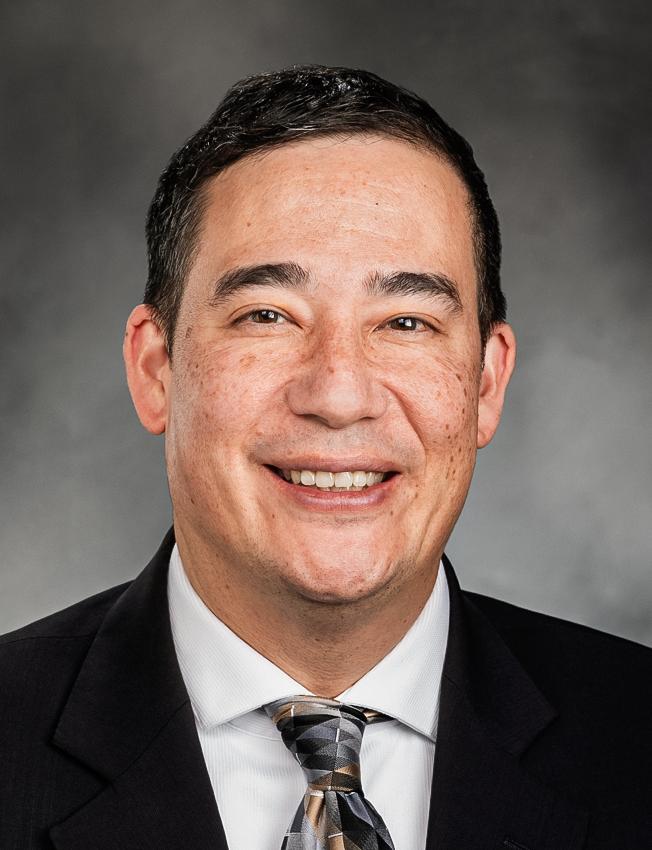
Washington Secreatry of State Steve Hobbs, a Democrat, is running for reelection after winning a 2022 special election. (Public Domain)
Three-term Republican Kim Wyman resigned in November 2021 to join the federal Cybersecurity and Infrastructure Security Agency (CISA).
Democrat Gov. Jay Inslee appointed Sen. Steve Hobbs (D-Lake Stevens) to fill the post. Mr. Hobbs then won a 2022 special election, defeating independent Julie Anderson after no Republicans emerged from the state’s ranked vote primary. It was the first time a Democrat held the post in 60-plus years.
Mr. Hobbs has not indicated if he will run for a full term. He is under fire after approving a $273,000 no-bid contract with a British company to track “in real time election misinformation and disinformation.”
The Washington Republican Party filed a Nov. 30 complaint with the state Executive Ethics Board that claims Mr. Hobbs is violating the constitution and his oath of office by hiring a tech firm to scour social media “to suppress and abridge free speech on a massive scale.”

Sen. Josh Hawley, (R-Mo.), questions Mark Zuckerberg, CEO of Facebook, about censorship during a Senate hearing at the U.S. Capitol on Nov. 17, 2020. (Bill Clark-Pool/Getty Images)
Vermont: Two-Year Terms
The primary is August 13 with a May 30 filing deadline. As of Feb. 8, there are no candidates.
Incumbent Democrat Sarah Copeland Hanzas, who served in the Vermont House from 2004–2022, hasn’t indicated if she will seek a second term after winning the post in 2022. Vermont secretaries of state serve two-year terms.
Ms. Copeland Hanzas maintains that a secretary of state plays a “non-partisan role … overseeing free, fair, accessible and transparent elections.” She has rebuffed attempts to exclude Mr. Trump from the 2024 ballot.
“Our role, as directed by statute, is to place any person’s name on the Presidential Primary ballot if that person files the requisite number of signatures, consent form, and filing fee prior to the deadline on Dec. 15, 2023,” she wrote.
Original News Source Link – Epoch Times
Running For Office? Conservative Campaign Consulting – Election Day Strategies!



